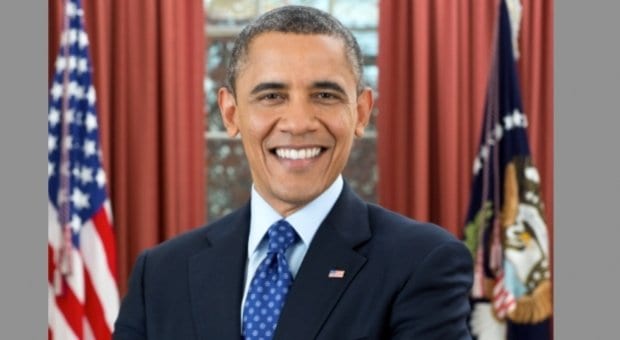For the first time in his two terms in office, US President Barack Obama did not mention the word gay in his State of the Union address delivered Jan 28.
In each of his first five addresses, Obama mentioned gay Americans at least once, starting with his 2009 promise to “work with Congress and our military to finally repeal the law that denies gay Americans the right to serve the country they love.”
In this year’s address, however, gay issues lost out in a speech that focused mostly on jobs, healthcare and foreign relations. Gay rights advocates hoped, in vain, that Obama would address the Employment Non-Discrimination Act that made it through the Senate last year but is now mired in the House of Representatives, BuzzFeed notes.
In one nod to gay people, however, Michelle Obama invited basketball player Jason Collins, hailed as the first openly gay athlete in a major professional American sports league, to attend the speech.
The Republican Party’s response to the State of the Union address also steered clear of sexual orientation, but Republican Rand Paul, who gave his own response, notably praised columnist Star Parker, a vociferous anti-gay writer.


 Why you can trust Xtra
Why you can trust Xtra


